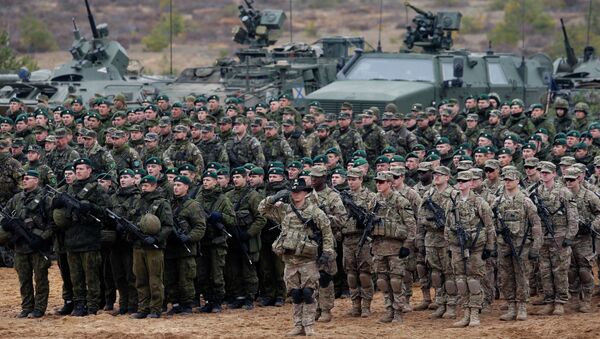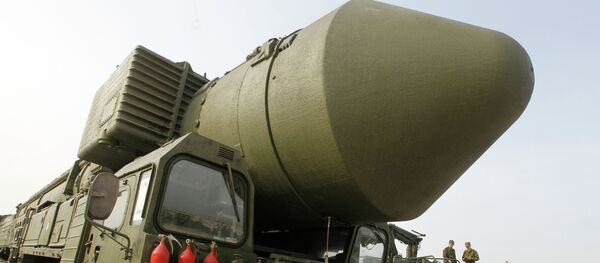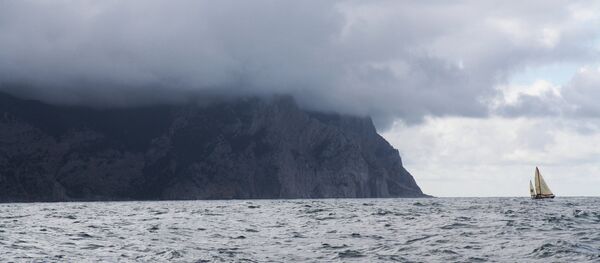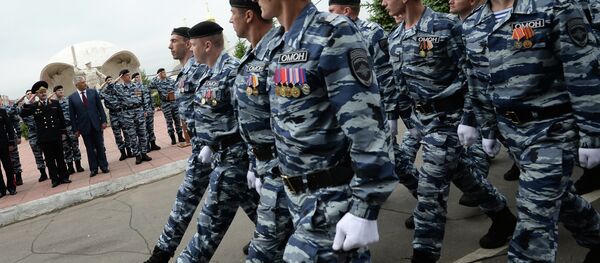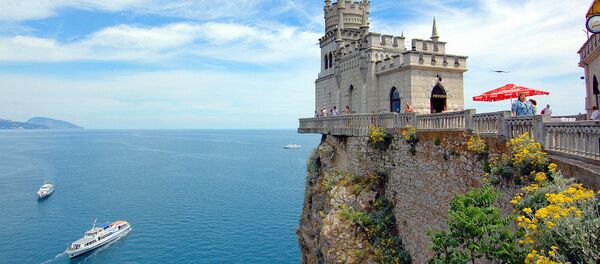“Reunification of Crimea and the events in Eastern Ukraine are the excuse for this new game of tension and a potential new arms race with Russia,” George Galloway told Sputnik.
March 16 marks the first anniversary of Crimea’s referendum which saw the overwhelming majority of its residents vote for reunification with Russia, a move which the West deems illegal.
After Crimea voted to rejoin Russia, the European Union and the United States started to impose sanctions against Moscow. Russia has also been accused of reviving its imperial ambitions, which most recently prompted European Commission President Jean-Claude Juncker to suggest creating a Pan-European army.
However, Russian President Vladimir Putin stressed that the referendum had been held in full compliance with democratic procedures and rules of international law.
“Had Crimea not joined the Russian Federation I do fear a similar disaster may have befallen the people of Crimea as has befallen much of Eastern Ukraine,” George Galloway told Sputnik in an interview one year on from the referendum that paved the way for Crimea rejoining Russia.
The British lawmaker recalled that Crimea had reunified with Russia at a time, when Ukraine had seen a tide of extremely unpleasant Ukrainian nationalism which threatened minorities, including Russian-speakers.
“The government of the Russian Federation always said they regarded the Russian speaking areas other than Crimea as an integral part of Ukraine so there was no threat to Ukrainian sovereignty,” Galloway said adding Moscow needed safety guarantees for the Russian-speaking minority.
“It is a double standard to say that Scotland, for example, has the right to choose but Crimea does not,” George Galloway told Sputnik as Crimea celebrates the first anniversary of the referendum on joining Russia.
The West does not consider Crimea’s referendum in which the overwhelming majority opted for peninsula to join Russia, as a free and democratic vote. At the same time, the West never objected to Scotland holding a public independence referendum in September 2014.
